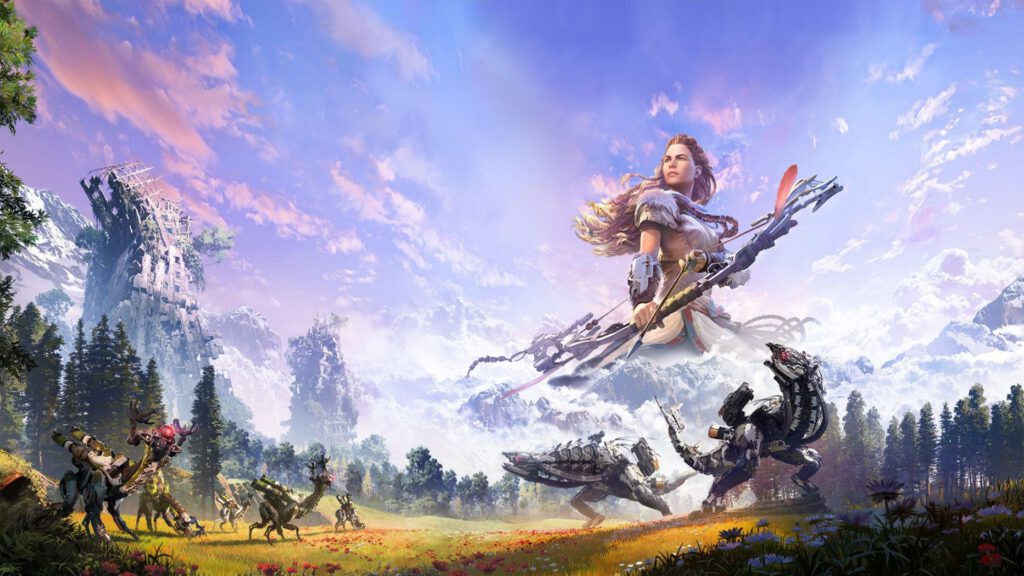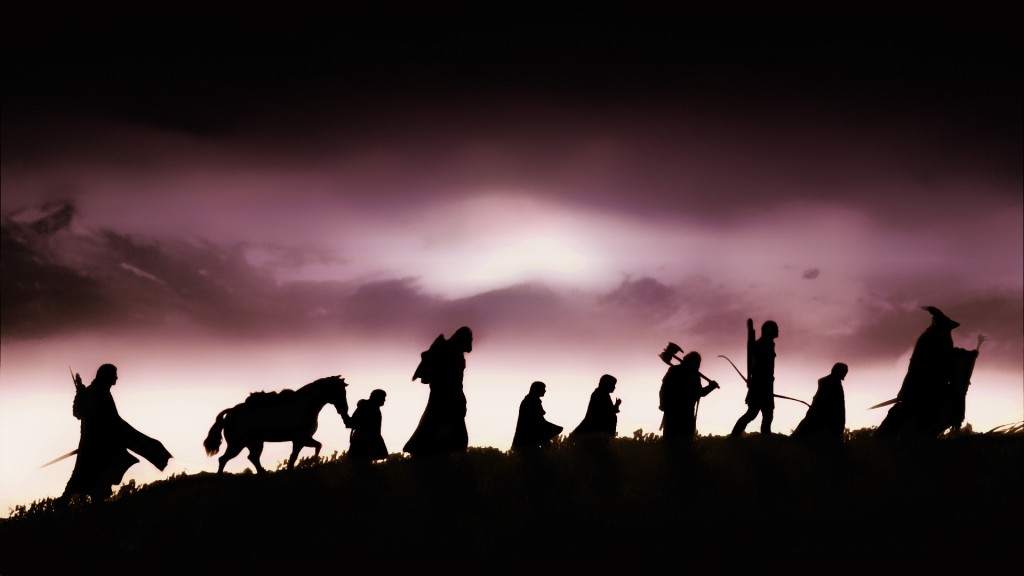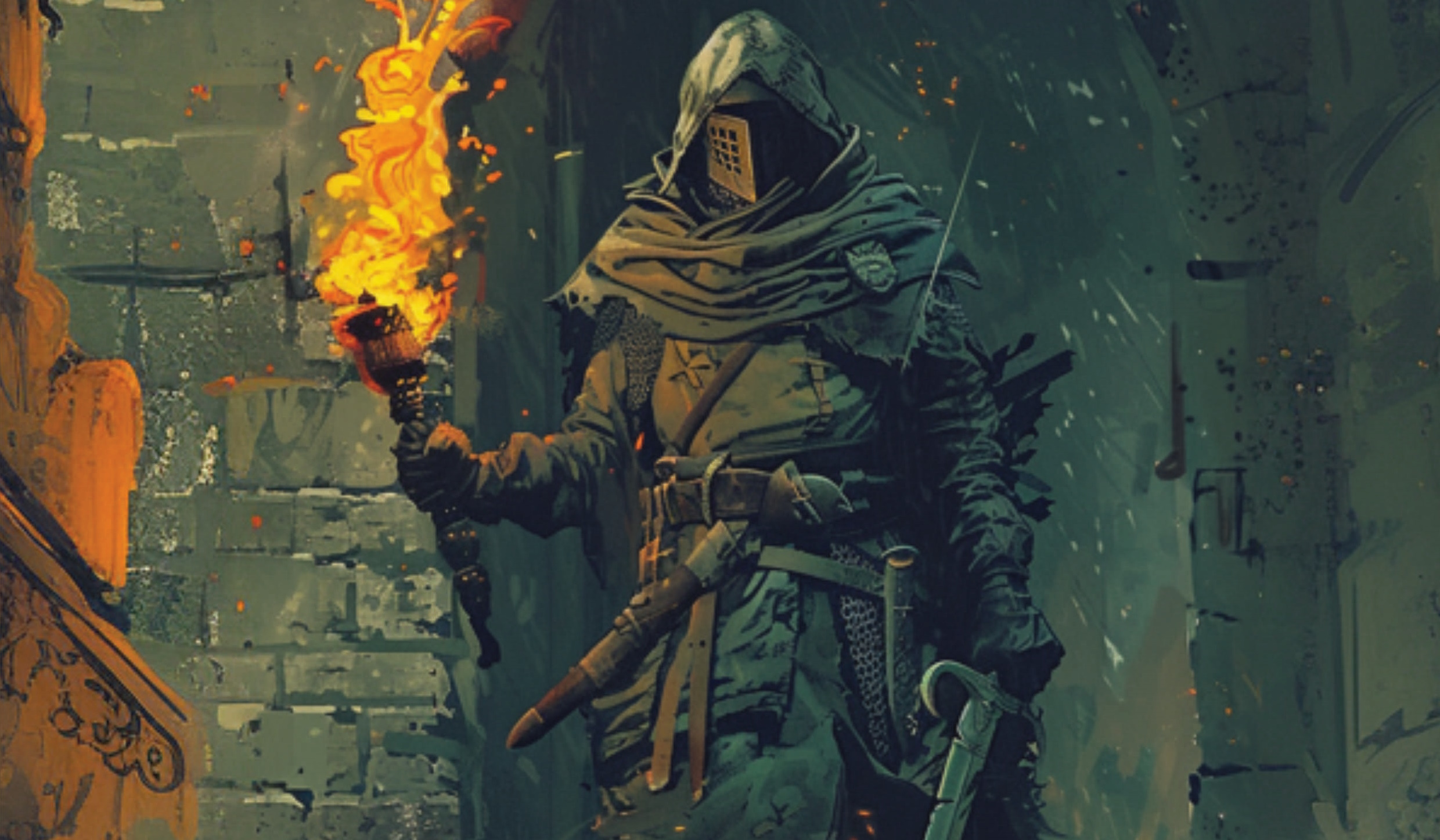The Crux With Established Settings From Movies, Games And Novels
Who doesn’t know this? You’ve just played through a video game, watched a movie or read a novel thinking this might make great source material for a roleplaying game. In fact some of the most beloved tabletop roleplaying games are based on established franchises like Star Trek, Star Wars, Lord of the Rings, just to name a few. But they are definitely some issues when trying to bring these settings to the game table.
I recently played the critically-acclaimed Horizon: Zero Dawn. Aside from the exciting story, the gorgeous graphics and the impressive soundtrack, I fell in love with the world building. I immediately thought this might make a great setting for a tabletop game. There’s actually enough depth to make this work, BUT there’s one elephant in the room that needs to be addressed.

In the game you play as Aloy who is eventually on a mission to save the world. As with many of these stories, Aloy is basically “the Chosen One” and only she can unearth what happened in the past and prevent that history repeats itself. If you try to come up with cool adventures for a party of adventurers in a tabletop RPG version of the setting, you immediately have to struggle with the fact, that you’ll probably never match the experience of the video game.
There have been several cool Lord of the Rings roleplaying games, but whatever you can come up with, your party of characters will never rival the deeds performed by the Fellowship of the Ring. Sure, you can run successful games in the Middle Earth setting, but you have to be content with either ignoring canon or running adventures which don’t interfere with the established history.

I fully understand that a GM can truly make a world their own. You can ignore canon, let a party of characters take Aloy’s place, have someone else carry the One Ring to Mt. Doom, and who says it was Luke Skywalker who destroyed the first Death Star? But that’s not what many people want or even enjoy. Personally I always have to struggle with myself when I plan to ignore canon in a roleplaying game.
Star Wars and Star Trek actually fare a little bit better than many other settings because even though the protagonists in the movies and TV series have quite some impact on the setting at large, there are eras and many places who have never been explored in detail. But even then there are many people who don’t want to play second fiddle to Han Solo or Jean-Luc Picard.
In my opinion good roleplaying game settings don’t have larger-than-life heroes aside from the player characters themselves. They should be the ones whose deeds change the world for better or for worse. They should be the focus of their own stories, not some NPC in control of the GM. That’s actually one of the reasons why I am not too fond of the Forgotten Realms. It’s one example of a roleplaying game setting with far too many extremely powerful NPCs running around and taking the limelight away from the player characters.
Will all this make me stop thinking about converting established settings? Probably not. Even though I know it usually doesn’t work that well, it’s just too tempting. Especially since there’s always hope that someone who likes the source material might get interested in the roleplaying games hobby. But in the future I’ll probably think twice before putting too much work into such an endeavor.
What is your stance on the subject? Do you think I am totally in the wrong here, or do my arguments have some merit? Please share your thoughts in the comment section below!



4 comments